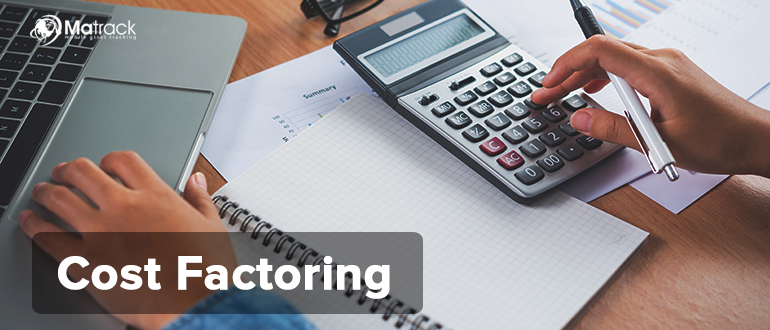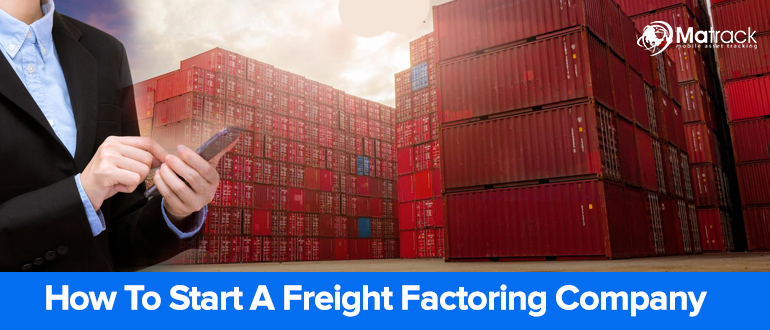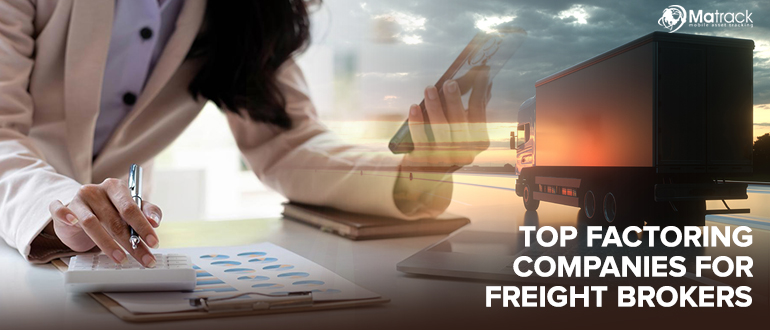Key Takeaways:
- Factoring costs depend on fees, advance rates, and additional charges that affect cash flow.
- Understanding how to calculate factoring costs helps businesses plan expenses effectively.
- Industry type and customer reliability influence factoring rates and overall affordability.
- Businesses can lower costs by working with reliable customers, negotiating better terms, and factoring selectively.
Factoring is a way for businesses to get cash quickly by selling unpaid invoices to a factoring company. While it helps with cash flow, it comes with costs. Understanding these costs can help businesses make better financial decisions and avoid unnecessary expenses.
This guide explains the cost of factoring, how to calculate fees, typical invoice factoring rates, and five ways to lower costs.
Understanding the Cost of Factoring
Factoring costs depend on several factors, including invoice value, customer reliability, and industry risk. Here are the main charges to consider.
Factoring Fee (Discount Rate)
The factoring fee is a percentage of the invoice amount that the factoring company charges. This fee usually ranges from 1% to 5%. The rate depends on how long it takes for the customer to pay and the risk involved.
Advance Rate
The advance rate is the amount of money the factoring company gives upfront. Most companies offer 70% to 95% of the invoice value. The remaining balance, minus fees, is paid after the customer settles the invoice.
Additional Fees
Many factoring companies charge extra fees, which can add up over time. These may include:
- Processing Fees – Charged per invoice to cover administrative work.
- Wire Transfer Fees – Applied for sending funds electronically.
- Late Payment Fees – Charged when customers take longer than expected to pay.
- Credit Check Fees – Costs for checking the financial history of customers.
- Termination Fees – Fees for ending a factoring contract early.
Recourse vs. Non-Recourse Factoring
- Recourse Factoring – The business is responsible if the customer does not pay. This option has lower fees.
- Non-Recourse Factoring – The factoring company takes on the risk if the customer fails to pay. This option has higher fees.
Contract Terms
Some factoring companies require a long-term contract with a minimum number of invoices factored each month. Businesses should review these terms carefully to avoid penalties.
How to Calculate Factoring Costs
Factoring costs depend on the fee percentage, the advance rate, and any extra charges. Here is a simple way to calculate the cost:
Factoring Cost Formula
Factoring Cost= (Invoice Amount × Factoring Rate) + Additional Fees
To find out the total cost, multiply the invoice value by the factoring rate and add any extra fees. This will show how much money is deducted before receiving funds.
Invoice Factoring Rates
Factoring rates vary by industry and risk level. Some industries have lower costs because customers typically pay on time, while others face higher fees due to late payments or unpredictable cash flow.
| Industry | Factoring Rate (Per 30 Days) | Advance Rate |
| Trucking | 1.5% – 3.5% | 85% – 95% |
| Manufacturing | 1% – 2.5% | 80% – 90% |
| Staffing | 2% – 4% | 80% – 90% |
| Construction | 2.5% – 5% | 70% – 85% |
Low-risk industries, like trucking and manufacturing, often receive better rates. High-risk industries, such as construction, may face higher fees due to delayed payments.
5 Ways to Lower Factoring Costs
Businesses can take steps to reduce factoring costs and keep more of their earnings.
1. Work with Reliable Customers
Factoring companies charge higher fees when customers have a history of late payments. Choosing customers with strong payment records can lead to lower factoring rates.
2. Compare Factoring Companies
Not all factoring companies offer the same rates. Research different providers and negotiate better terms to reduce costs. Businesses factoring high invoice volumes may qualify for discounted rates.
3. Choose Recourse Factoring
Recourse factoring is less expensive because the business takes responsibility for unpaid invoices. If customers usually pay on time, this option can save money.
4. Factor Only Large or Slow-Paying Invoices
Instead of factoring every invoice, businesses can choose to factor only high-value or slow-paying invoices. This keeps costs lower while still maintaining steady cash flow.
5. Negotiate Higher Advance Rates
A higher advance rate means businesses receive more cash upfront. Negotiating better advance terms can reduce the need for other short-term financing.
Conclusion
Factoring can be a valuable tool for businesses needing fast access to cash, but it’s important to understand the costs involved. Factoring fees, advance rates, and contract terms all impact the overall expense.
By choosing reliable customers, comparing factoring companies, selecting recourse factoring, factoring only large invoices, and negotiating better advance rates, businesses can significantly reduce costs and make factoring a more affordable option.
Making informed decisions about factoring ensures businesses get the cash flow they need without overpaying.





